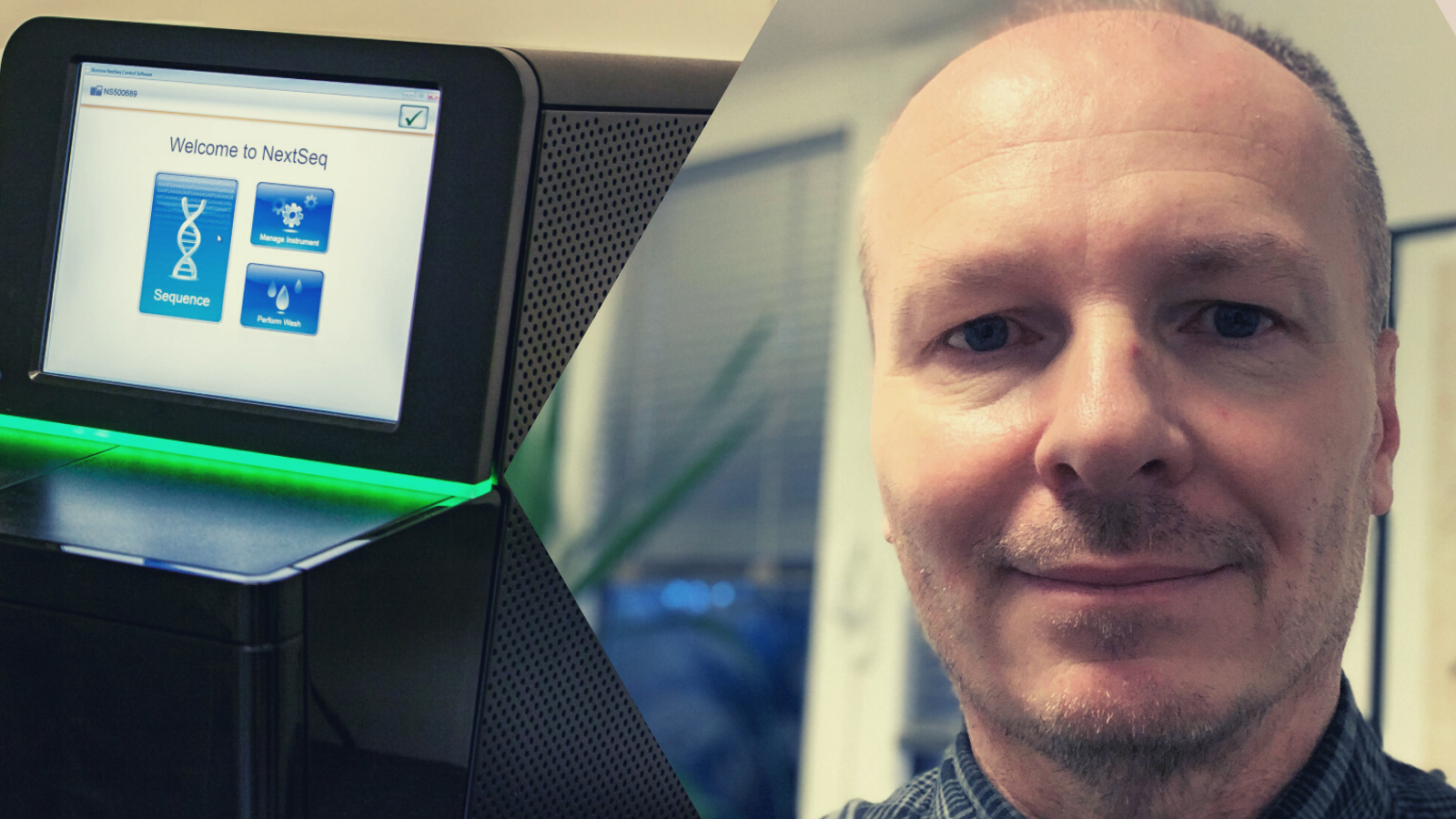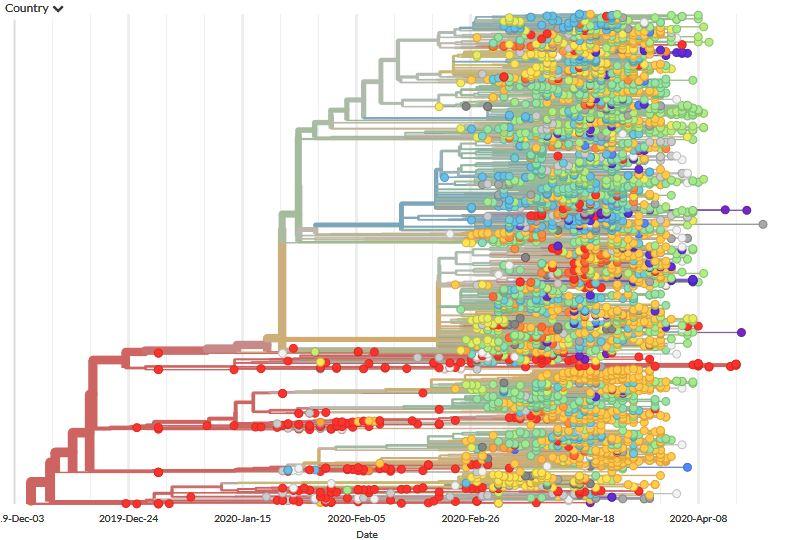The first detailed genome analysis of the SARS-CoV-2 virus, the COVID-19 pathogen, was conducted at the Ruđer Bošković Institute in the Laboratory for Advanced Genomics, led by Dr Oliver Vugrek, and in collaboration with Prof Igor Jurak, Ph.D., from the UNIRI Department of Biotechnology, and Prof Tomislav Rukavina, M.D., Ph.D., UNIRI Faculty of Medicine, and Neven Sučić, Teaching Institute of Public Health.
Establishing the analysis platform and defining the virus genome is of multiple importance as it will allow for detailed monitoring of the evolution of the virus and the pathways of virus transmission, which is extremely important for the development of new drugs and vaccines.
"Our Laboratory is one of the leading laboratories in Croatia for the application of modern NGS based gene sequencing technology. For many years, it has been successfully used to determine the genetic causes of hereditary diseases and the genetics of cancer, which is now adapted to determine the genome of the virus, '' explains Oliver Vugrek, Ph.D., head of the laboratory.
doktoranda mag. chem. Filip Rokić
Their results have produced a local protocol for the analysis of the virus that causes COVID-19, which could be applied broadly in the studying other viruses.
''The hard work of our PhD student Philip Rokic enabled the implementation and experimental execution of the sequencing protocol. It is important to note that this approach generates an enormous amount of data that can only be analyzed with the help of sophisticated bioinformatics tools featuring greate contribution form another PhD student in our lab, Lovro Trgovec-Greif, '' said Dr Vugrek.
Professor Rukavina is a leading expert in the field of epidemiology and the Head of the Molecular Diagnostics Laboratory. The virus genome analysis project was coordinated by Prof. Igor Jurak, Head of the Molecular Virology Laboratory. Professor Jurak has over twenty years of experience in the study of virus biology, especially the biology of Herpes simplex virus.
''It should be noted that preparations for this endeavor have taken weeks in circumstances that have significantly hindered the implementation of the project, in particular the earthquake that struck Zagreb and damaged part of the building where the equipment is located. However, with the exceptional dedication and 24/7 work of all contributors to the project, in just 7 days from receipt of the samples, the sequence was obtained,'' explained Dr Vugrek.
This success confirms that Croatia has both the technical and human resources that place it along other countries contributing to the understanding of the SARS-CoV-2 virus.
Based on this successful interdisciplinary collaboration that led to the development of a virus analysis platform and the identification of the first genome of SARS-COV-2 virus circulating in Croatia, this team of scientists, in collaboration with the Clinical Hospital Center Rijeka and two doctors, Dr Đurđica Cekinović and Dr Alen Piralić, involved in the care of patients with COVID-19, will continue their detailed research into viruses and diseases, which will certainly contribute to the fight against COVID-19 worldwide.
Data from this research are also available in the GISAID database.




